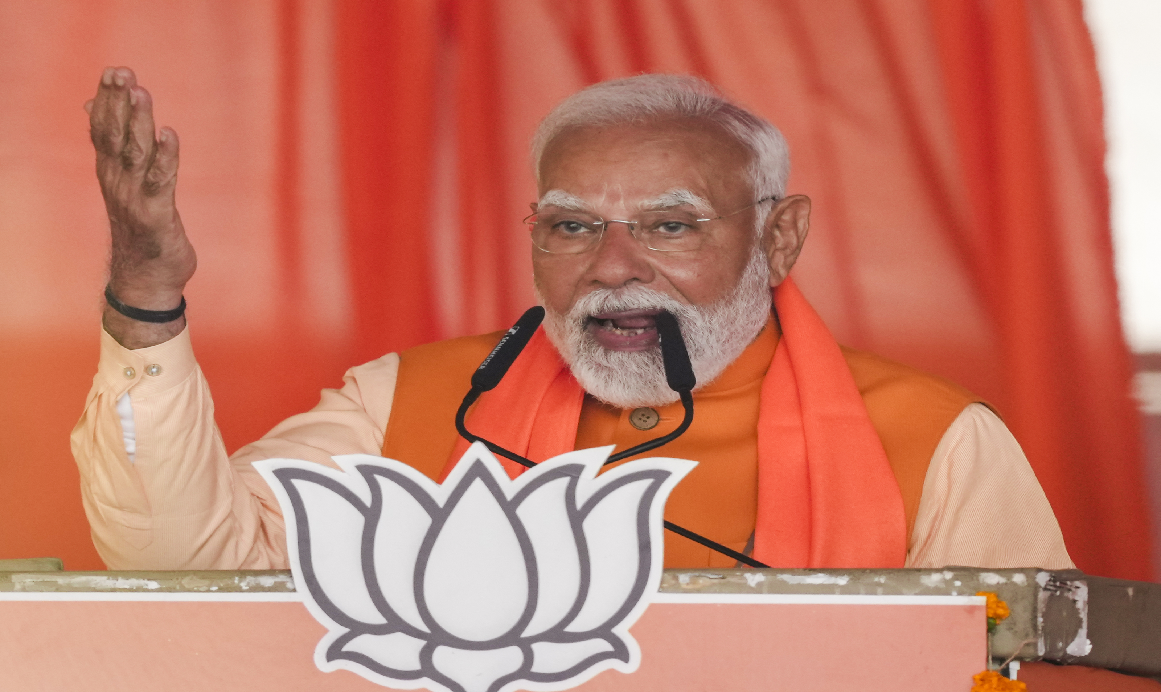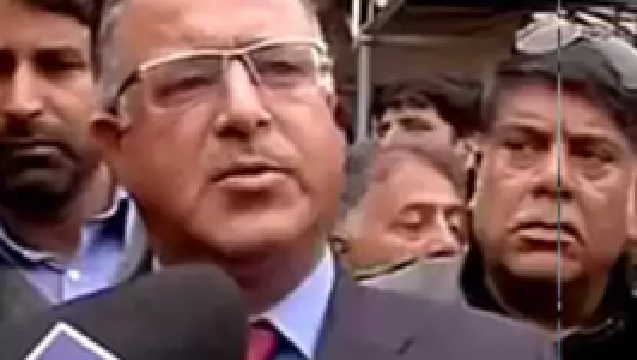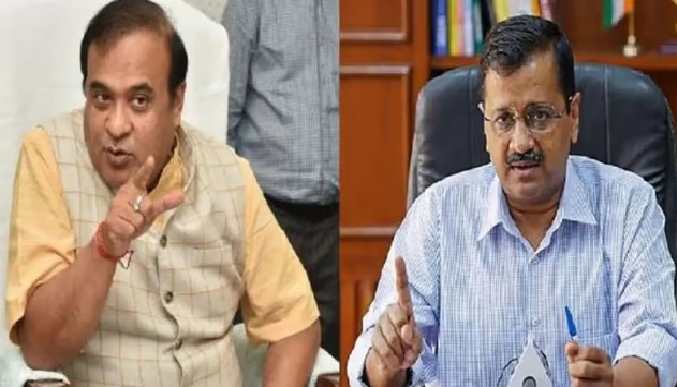
Can Parliament abrogate constitutional principles, asks SC
New Delhi: The Supreme Court has said a five-judge constitution bench will examine the "contours of the power" of Parliament to make law for Delhi and also if it can "abrogate the constitutional principles of governance" for the city dispensation by making a law to take away its control over services.
Eight days after a constitution bench held that the Delhi government will have control over services, the Centre on May 19 promulgated an ordinance on the Delhi services matter by exercising its powers under Article 239-AA, a special provision in the Constitution pertaining to the national capital.
The top court, which on Thursday referred to a constitution bench the Delhi government's plea challenging the ordinance, framed two legal questions in its 10-page order to be dealt by a larger bench on the ordinance which set off a fresh tussle between the two power centres.
"We accordingly refer the following questions to a constitution bench: (i) What are the contours of the power of Parliament to enact a law under Article 239-AA(7); and (ii) Whether Parliament in the exercise of its power under Article 239-AA(7) can abrogate the constitutional principles of governance for the National Capital Territory of Delhi (NCTD)," said the order passed by a bench of Chief Justice D Y Chandrachud and justices P S Narasimha and Manoj Misra.
The bench said there was a need to put an end to the protracted legal battle between the Centre and the Delhi government on the administration of the national capital and directed the apex court registry to place the case papers before the CJI in administrative side for setting up of the constitution bench to answer the referred legal questions.
The order, penned by the CJI, said there were two preliminary issues which arose for the consideration by a larger bench. "The first is on the import of Section 3A (of the ordinance).
Section 3A removes Entry 41 (services) of List II (State List) from the legislative competence of the NCTD. On the exclusion of Entry 41 from the NCTD's legislative power, the government of the NCTD ceases to have executive power over services because executive power is co-terminus with the legislative power," the order said.
The issue, therefore, is whether a law could completely remove Delhi government's executive power over services, it said, adding that the aspect of services under Entry 41 was also "interconnected with the validity of Section 3A" of the ordinance.
The ordinance amended the Government of National Capital Territory of Delhi Act, 1991 and inserted section 3A in the Act stipulating that Delhi assembly cannot make laws on control of services in the national capital, the order said.
"The power of Parliament to enact a law granting the Union of India executive power over services is not in contention. It is now a settled position of law. However, this court while deciding the constitutional validity of the 2023 Ordinance must decide if the exercise of such a power is valid," it said.
Referring to Article 239- AA(7)(a), which was used by the Centre in issuing the Ordinance, it said the central law shall not be deemed to be an amendment to the Constitution even. "A primary reading of Article 239-AA(7)(a) indicates that the law shall not alter the existing constitutional structure envisaged ," said the apex court. (PTI)
 English daily published in Bengaluru & Doha
English daily published in Bengaluru & Doha






